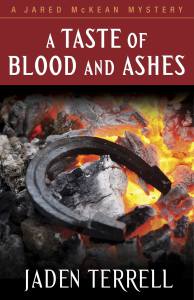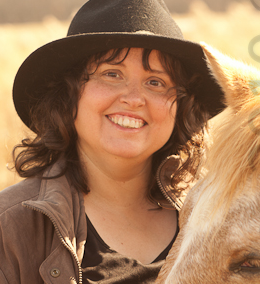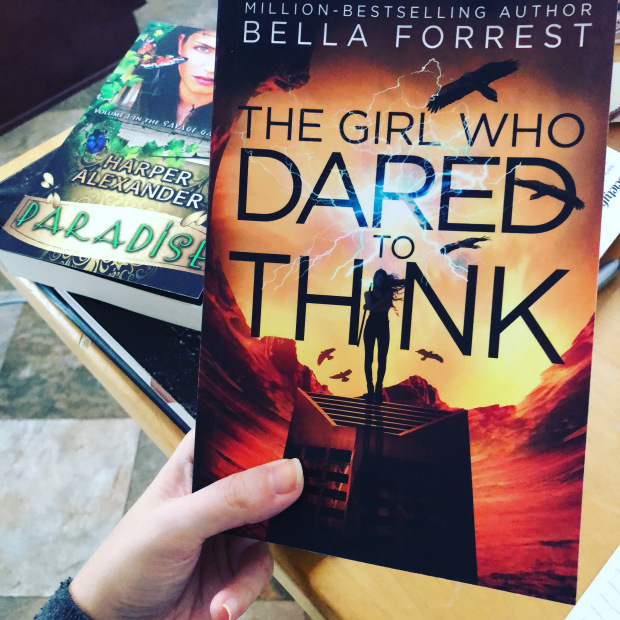Readers often ask me, “What’s it like to write a book?”
Amazing, I say. Rewarding. Intoxicating. Frustrating.
Impossible.
Last night, a friend who had just finished her first book said, “Thank goodness the next one will be easier because now I know what I’m doing.”
There was a long silence, in which I tried to remember what it felt like to believe that. It never gets easier, I wanted to say, because you’re always writing a different book—the one you don’t know how to write yet.
Maybe that’s not true if you write a variation of the same book every time, if you’ve written forty books instead of four, or if you’re one of those confident, intuitive writers who are immune to creative angst. But for me, every book is a crisis of faith.
In the middle of my fourth novel, I called my agent and said, “It’s not working. No matter what I try, it’s just not coming together.”
She laughed. “You realize you say that about every single book.”
It’s true. There’s always a point where I become convinced that this time, I won’t be able to pull it off. What happened to me? I wonder. I used to be a better writer! Then I realize I’m comparing my new first draft with the polished draft of the previous one, and that puts it in perspective. Oh, that one was also crap. I guess I can fix this one too.
I know I’m not alone in this. Timothy Hallinan, who writes the hilarious Junior Bender P.I. novels and the rich and wonderful Poke Rafferty Bangkok mysteries, goes through agonies of self-doubt with every book. While I don’t wish that kind of angst on anyone, there is some comfort in it. That old saying “Misery loves company” really means “Thank goodness I’m not alone.”
Much of writing is about problem-solving, and each book brings its own challenges. When I wrote the first book in my private detective series, Racing the Devil, I had no idea how to plot. Instead, I found myself with a lovely character study bolstered by the thinnest possible skeleton of a mystery about a detective who gets framed for murder. I rewrote it completely, trying to distill the character development to its essence and build a solid plot with action, misdirection, and surprises. Then I rewrote it two more times, punching up the plot, tightening and sharpening the language, and layering in backstory that deepened the characters. I was learning how to write a book through trial and error, and eventually I found the shape of the thing. The final incarnation of it ended up being short-listed for a Shamus award.
A Cup Full of Midnight brought a different challenge. It’s a more complex story with a larger cast of characters, and it takes a very dark turn. I wrote at least six versions of the ending, trying to avoid the inevitable, but the greatest challenge was that I tried to write the investigation too realistically. My detective, Jared, would interview suspects and witnesses, find a discrepancy, then go back and confront the party whose story had been compromised. “There’s a lot of back and forth in here,” my editor said. “A lot of going over the same ground.” The result was a bloated book that needed extensive surgery. I went through every scene with an eye toward tightening the language and combining scenes. If Jared talks to Sebastian three times, could those three be combined into two, or even one? I made lists of what had to be included in each scene, then carved away the excess—almost 15,000 words worth. It was worth it when author and reviewer Sheila Deeth wrote, “[A] story this powerful is hard to find, a mystery this intriguing, or a narrator as brutally honest and generous and kind. I’m lucky to have read both novels of this series.”
If my first book was too thin and my second too fat, you’d expect my third to be just right. Right? Not so much. In River of Glass, the Vietnamese half-sister Jared never knew he had shows up on his office steps and asks him to help find and rescue her daughter, who has been taken by traffickers. Because in the beginning, the suspect pool is virtually everyone in the world, I needed a way to keep readers engaged while Jared narrows the field and follows a few blind alleys. The solution was to intersperse several scenes from the point of view of the kidnapped woman. Those chapters reinforced the high stakes for the reader and helped me rescue a “puddling plot.”
The one thing that had been consistent across all three books was that I knew from the beginning who the villain was. That knowledge was a lodestone as I planned and wrote the rest of the story, since I always knew where I would wind up. That all came to an end with A Taste of Blood and Ashes, which centers on the Tennessee Walking Horse soring controversy.
Oh, I thought I knew who the villain was. But before I’d gotten very far along, I began to suspect that I had the wrong killer. On the face of it, that shouldn’t have changed much, because, for every move the antagonist makes, I always try to make sure every suspect has means, motive, and opportunity. For each major event and revelation, I make a note: If x/y/z did it, this is why and how. But for the first time, I didn’t know which clues were real and which were red herrings. It ended up being satisfying but stressful. I’d always been an outliner—and still was, except for this pesky little detail of not knowing the big reveal. What if someone I really liked turned out to be the killer? When it came together at the end, I went back to make sure everything was consistent and that all the clues were there. Thankfully, they were.
Now I’m embroiled in book five, which takes Jared to Alaska. It should come as no surprise that it’s utterly impossible. This time, though, I’m not panicking. It’s writing the impossible that makes us better.

Jaden Terrell is a Shamus Award finalist and the internationally published author of the Nashville-based Jared McKean mysteries. She is a contributor to the Killer Nashville Noir anthology and to Now Write! Mysteries, a collection of writing exercises published by Tarcher/Penguin for writers of crime fiction. A recipient of the 2009 Magnolia Award for service to the Southeastern Chapter of Mystery Writers of America, Terrell is a former special education teacher with thirty years of experience as a teacher and trainer. She is a writing coach workshop leader, and compassionate editor. Contact the author at: http://www.jadenterrell.com.
Share this:





